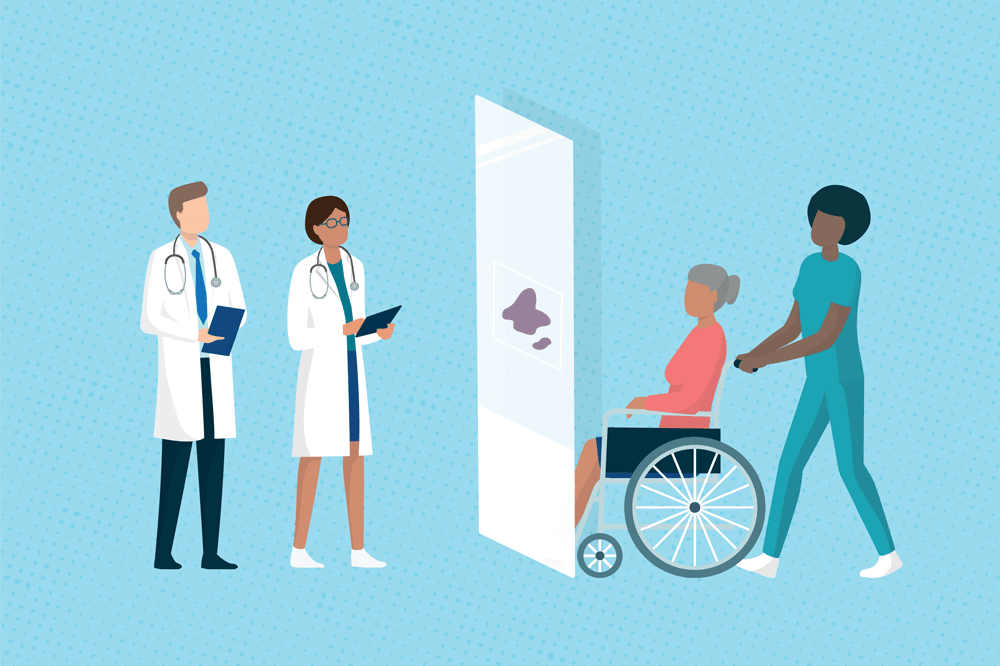As genetic testing gets faster and cheaper, people are increasingly having their own genomes examined for all manner of variation. Much of this scrutiny is focused on disease risk. “Could I be in danger of a heart attack? Will I suffer the same problems as my grandmother? How long am I likely to live a healthy life?” But not every gene variant affects disease risk – and even for those that do, the increase could be statistically meaningless. Joseph Wu and his research team at Stanford Medicine set out to dispel the mystery of variants of unknown significance (VUS) in patients at potential risk of heart problems. In particular, they focused on a family of disorders known as cardiac channelopathies (1). “About 30 percent of negative autopsies in young individuals could possibly be explained by genetic mutations in channelopathy-related genes,” says Wu. “However, clinical management is still hindered for most of these disorders because of insufficient knowledge of the functional consequences of genetic mutations.”
Wu blames the problem on inadequate model systems for research – but there is a solution. “The recent emergence of induced pluripotent stem cell (iPSC) technology has provided an unprecedented opportunity for generating and studying iPSC-derived cardiomyocytes from channelopathy patients,” says Wu. “These cells can accurately recapitulate human disease electrophysiology in vitro, allowing investigation of patient- and mutation-specific disease mechanisms.” iPSCs can be used to study the pathogenicity of not only channelopathies, but other cardiac disorders as well. And the story doesn’t end there; Wu is optimistic that his group’s investigations could lead to precision diagnosis and treatment. “Future studies based on human iPSCs and genome editing could provide a personalized approach to drug therapy for patients with congenital long QT syndrome and other inherited conditions associated with cardiac arrhythmias.” For the time being, the Wu lab will continue to establish and validate the potential of iPSCs as a model for accurately decrypting the pathogenicity of unknown variants in cardiac disorders. In the future, their approach, which combines genome editing and iPSC techniques, may be used to accelerate progress toward precision medicine in cardiology. “We are very excited about our data,” Wu says. “With the increasing usage of next generation sequencing, many unknown functional variants will undoubtedly appear. We believe this approach will be a common method to decipher VUS in the future.”
References
- P Garg et al., “Genome editing of induced pluripotent stem cells to decipher cardiac channelopathy variant”, J Am Coll Cardiol, 72, 62–75 (2018). PMID: 29957233.




